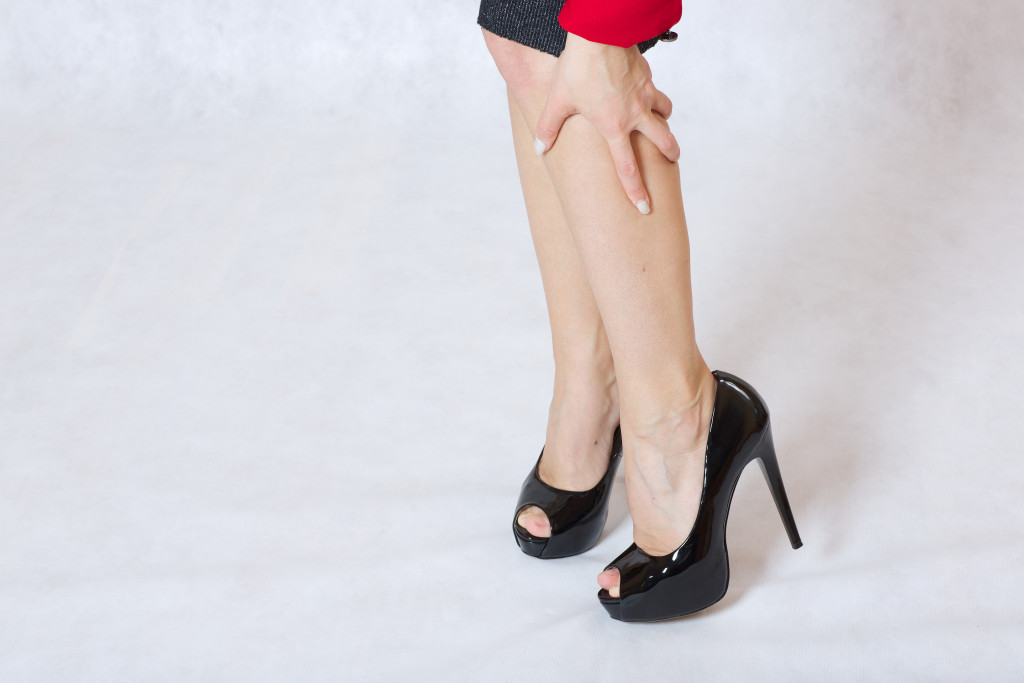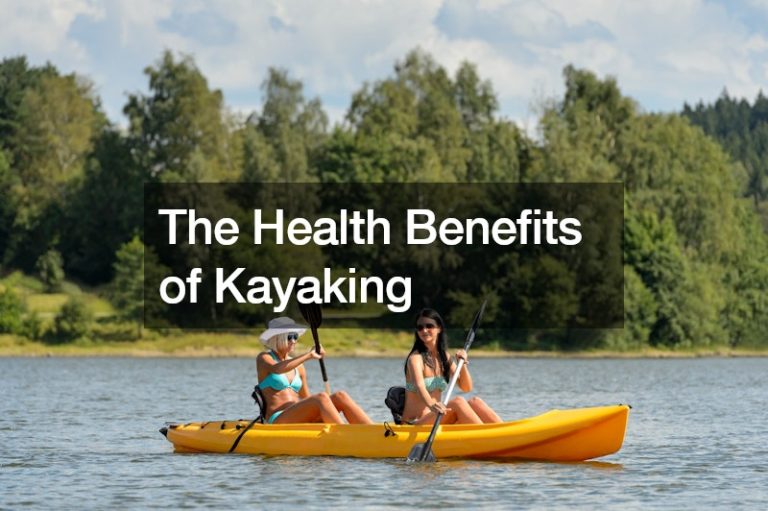- Venous insufficiency can be managed effectively through lifestyle changes, including regular exercise and healthy weight.
- Compression therapy, using garments like stockings or sleeves, can help improve blood flow by applying gentle pressure on the legs.
- Certain medications and supplements, including diuretics, pain relievers, horse chestnut extract, and flavonoids, can alleviate symptoms and support vein health.
- Sclerotherapy is a minimally invasive procedure that can treat smaller varicose veins and spider veins, improving both appearance and discomfort.
- Managing venous insufficiency requires ongoing care and consultation with a healthcare provider to develop a personalized treatment plan.
If you’re dealing with venous insufficiency, you’re not alone. This condition, characterized by poor blood flow in the veins, can lead to discomfort, pain, and swelling in the legs. However, there are several steps you can take to alleviate these symptoms and improve your quality of life. In this guide, you’ll discover five effective tips to treat and manage venous insufficiency, all from a second-person perspective to help you navigate this condition more comfortably.
1. Lifestyle Modifications
When managing venous insufficiency, making certain lifestyle changes can significantly reduce symptoms and improve your overall vascular health.
Firstly, prioritize physical activity. Regular exercise, such as walking or swimming, helps improve circulation, making blood flow through your veins easier.
Secondly, maintain a healthy weight. Excess weight can pressure your veins, exacerbating venous insufficiency symptoms. Shedding extra pounds through a balanced diet and exercise can reduce the strain on your veins and improve blood flow.
2. Compression Therapy

Compression therapy is a tried-and-true method for managing venous insufficiency. It involves wearing compression stockings or sleeves that apply gentle pressure to your legs, helping to improve blood circulation. You can find these garments in various styles and compression levels, so it’s essential to consult with a healthcare professional to determine the best option for you.
Following your healthcare provider’s guidance on when and how to wear compression garments is crucial to effectively utilize compression therapy. Typically, they should be worn during the day, removed at night, and replaced as needed. Properly fitted compression garments can alleviate swelling, reduce discomfort, and prevent complications associated with venous insufficiency.
3. Elevate Your Legs
Elevating your legs is a simple yet effective way to manage venous insufficiency symptoms. You can reduce swelling and improve blood flow by raising your legs above heart level for 15-30 minutes several times daily. Elevating your legs is particularly helpful after prolonged periods of sitting or standing.
When elevating your legs, find a comfortable position that allows your feet to rest on a cushion or pillow. This helps minimize pressure on your veins and encourages blood to flow back towards your heart. Incorporate leg elevation into your daily routine, especially after strenuous activities or extended periods of immobility.
4. Medication and Supplements
Medication and supplements can sometimes play a crucial role in managing venous insufficiency.
Here are some types of medication supplements that you can use:
Diuretics
Diuretics, often prescribed by healthcare providers, help your kidneys expel excess fluid and sodium from your body. By encouraging more frequent urination, these medications can effectively reduce fluid buildup, alleviating venous insufficiency symptoms like swelling and discomfort. Some commonly prescribed diuretics include furosemide, hydrochlorothiazide, and bumetanide.
Pain Relievers

Over-the-counter pain relievers, such as ibuprofen and aspirin, can effectively manage the pain and discomfort associated with venous insufficiency. These drugs work by reducing the production of certain chemicals in the body that generate pain signals. They also possess anti-inflammatory properties that can help reduce swelling. However, prolonged use of these medications without healthcare supervision can lead to adverse effects, so following your healthcare provider’s recommendations is crucial.
Horse Chestnut Extract
Horse chestnut extract is a dietary supplement known for its potential benefits in promoting vein health. It contains aescin, a compound that has been found to reduce swelling, and inflammation, and improve the elasticity of your veins. However, it is important to consume this supplement under the guidance of your healthcare provider, as it can interact with certain medications.
Flavonoids
Flavonoids are natural compounds found in many fruits and vegetables. As dietary supplements, they may aid in strengthening the walls of your blood vessels, improving circulation, and reducing inflammation. Some studies suggest that consuming flavonoids can help diminish symptoms of venous insufficiency. Flavonoid-rich foods include berries, onions, tea, and dark chocolate. Discuss this with your healthcare provider before adding flavonoids to your supplementation regimen.
5. Take Advantage of Sclerotherapy
Sclerotherapy is a minimally invasive medical procedure that can be highly effective in treating venous insufficiency, particularly for smaller varicose veins and spider veins. A special solution is injected into the affected veins during this procedure, causing them to collapse and eventually fade away.
Utilizing professional sclerotherapy can improve the cosmetic appearance and the discomfort associated with venous insufficiency. If you’re considering this treatment, consult a vascular specialist who can assess your condition and determine if sclerotherapy is right for you. This procedure is typically well-tolerated and can be performed on an outpatient basis.
To Wrap It Up
Managing venous insufficiency can significantly enhance your comfort and quality of life. By making lifestyle adjustments, utilizing compression therapy, elevating your legs, exploring medication and supplements, and considering sclerotherapy when appropriate, you can take proactive steps to alleviate symptoms and prevent complications.
Remember that venous insufficiency is a chronic condition that requires ongoing care and attention. Always consult a healthcare provider to develop a personalized treatment plan that addresses your needs and concerns. With the right approach, you can successfully manage venous insufficiency and enjoy a more comfortable and active lifestyle.






